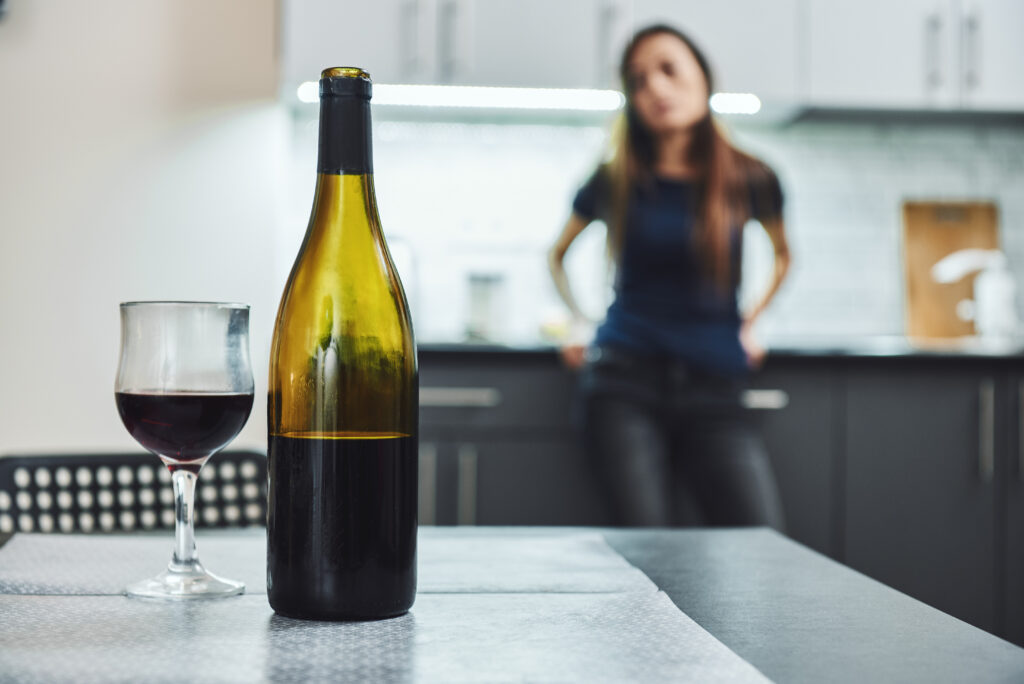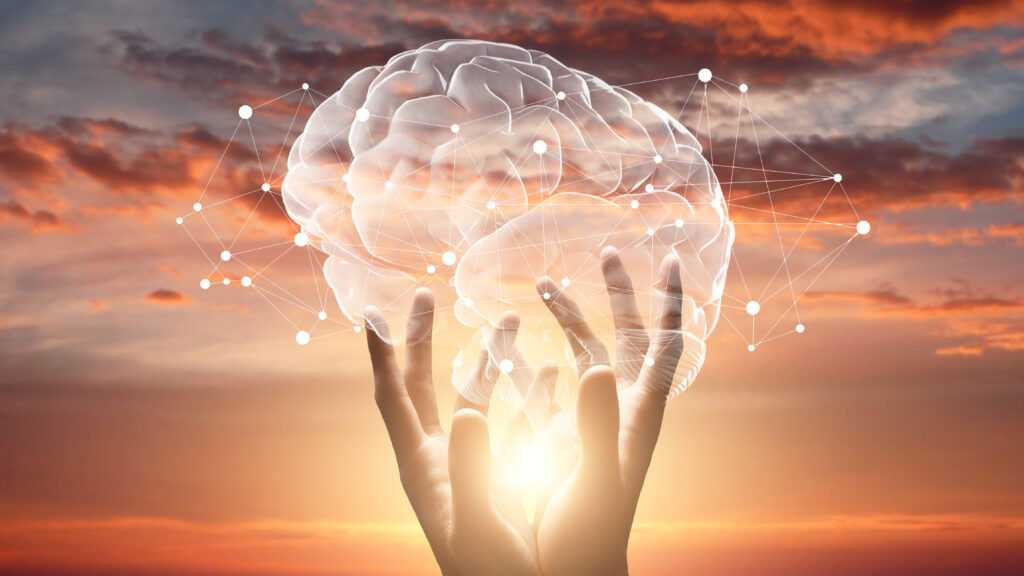Answers to Your Questions About Dual Diagnosis Treatment
If you’ve researched addiction treatment in Ohio or anywhere else — you will have seen the term dual diagnosis treatment by now. You may know a bit about what this approach looks like — but there’s a good chance you still have questions about dual diagnosis care that haven’t been answered yet.
This Redemption Recovery article answers some of the most common questions about dual diagnosis treatment.
What is Dual Diagnosis Treatment for Addiction?
Dual diagnosis treatment is a style of addiction treatment that tackles both substance abuse and any co-occurring mental health disorder at the same time.
For example, a person suffering from alcohol addiction may also have an anxiety disorder like PTSD. In a dual-diagnosis treatment program, like Redemption Recovery — this person would receive careful diagnosis and treatment for both conditions simultaneously.
Which Mental Health Disorders Are Seen in Dual Diagnosis Patients?
Depression and anxiety are perhaps the two disorders most often seen in combination with substance disorders. However, nearly any mental health condition you can think of may be found in a dual-diagnosis scenario.
Common co-occurring disorders include:
- Social Anxiety
- Major depression
- Bipolar disorder
- ADHD and ADD
- Trauma Disorders
- Obsessive-Compulsive Disorder (OCD)
- Other Anxiety disorders (GAD, PTSD, etc.)
- Borderline Personality Disorder (BPD)
What Are Some Signs of a Dual Diagnosis?
Recognizing a dual-diagnosis condition can be challenging. A big part of the problem is that the symptoms of many mental health disorders mirror symptoms of drug or alcohol abuse.
Only a trained clinician can formally determine if a person has a dual diagnosis disorder, but there are some signs you can look for that may suggest an issue with drugs, alcohol, mental health, or all three.
These signs include:
- Unusual weight gain or loss.
- Out-of-character isolation or secretive behavior.
- Unexplained money problems/impulse purchases.
- New “friends” that they are reluctant to introduce.
- Loss of interest in things that used to interest them.
- Blackouts or periods unaccounted for.
- Excessive sleepiness or insomnia.
The key is to remember that it’s never too soon to intervene or ask questions if you’re worried about someone you love. If you think you may need help with drugs or mental health yourself —- it’s never too early to ask for that help.
How is a Dual Diagnosis Treated?
The most effective care for people with a dual diagnosis includes complete assessment, careful diagnosis, and an individualized treatment plan. While many people are addicted to the same substances and many have co-occurring disorders — every person’s experience is different.
The most effective dual diagnosis treatment identifies core issues and informs a treatment plan tailored to the individual’s specific challenges.
An effective mental health treatment plan can also evolve as the person progresses through treatment. This treatment plan will include individual therapy, group therapy, specialty groups, aftercare planning, and relapse prevention—just to name a few features.
At Redemption Recovery, we feel that a dual diagnosis program based on sound science guided by a holistic treatment philosophy delivers the best results. You will find we offer innovative forms of therapy not seen in most dual diagnosis rehabs in Ohio.
Some unique features of our dual diagnosis treatment program in Ohio include:
- Individual psychotherapy
- Topical group therapy
- Strength-Based Therapy
- Cognitive Behavioral Therapy (CBT)
- Mindfulness-Based Cognitive Therapy
- Solution-Focused Brief Therapy (SFBT)
What is Holistic Substance Abuse Treatment?
Holistic dual-diagnosis treatment addresses the body, mind, and spirit. It is highly effective because it combines a scientific, clinical approach with a focus on physical and psychospiritual health. We treat the whole person, considering their mental, physical, and spiritual needs, focusing on the individual rather than just their symptoms.
Why Holistic Addiction Treatment?
It’s simple — because the holistic approach works. Any addiction treatment that does not care for all three aspects of every individual (body/mind/spirit) is likely to leave unresolved issues behind. Our Ohio dual-diagnosis program is built around a solid framework of evidence-based treatment principles. But people are complex, and recovery is difficult. That’s why we never lose sight of the emotional and spiritual needs of the people we care for.
What Are The Most Common Dual Diagnosis Scenarios?
There’s a wide range of combinations of addiction compounded with mental health disorders, but alcohol abuse, amphetamine, and opioid addiction are some of the most common. The co-occurring mental health conditions we see most often are depressive disorders, followed by anxiety — but again, almost any combination is possible.
Some dual diagnosis scenarios we often see include:
- Alcohol use disorder (alcoholism) with anxiety and/or depression
- Opioid use disorder with depression and/or anxiety.
- Addiction to amphetamines with depression and/or ADHD.
- Benzodiazepine dependence (Xanax, etc.) with anxiety and depression.
- Polysubstance abuse with depression, anxiety and/or anger issues.
What Are The Benefits of Dual Diagnosis Treatment?
The primary benefit of dual diagnosis treatment is a more accurate and complete diagnosis. This leads to more effective addiction care because most, if not all, of the person’s needs are met.
Research shows that identifying any underlying disorder in treatment so that it can be addressed along with addiction can dramatically improve outcomes. In simple language, people who get more thorough care are more likely to stay sober over the long haul.
Dual Diagnosis Treatment Can Help Prevent Relapse
It is clinically proven that dual diagnosis treatment can substantially improve a person’s chances of avoiding relapse. No treatment is 100% guaranteed to prevent relapse. However, dual-diagnosis treatment is unquestionably the best place to start building a durable recovery.
How Treating Co-Occurring Disorders Can Protect Sobriety
Did you know that one of the leading causes of relapse, especially in the first year of recovery, is co-occurring disorders that either haven’t been diagnosed or aren’t being managed properly?
Even with top-notch addiction treatment and a program of recovery, a person who has unmanaged depression or anxiety is at a significant disadvantage. Dual-diagnosis treatment helps avoid relapse by identifying co-occurring conditions so they can be treated and managed, and that can make all the difference in the world.
Untreated Depression, Anxiety, and Other Conditions Can Trigger Addiction
Substance abuse is complex, but untreated mental health conditions are a significant contributing factor for many. Often, people are unaware of their diagnosis but will attempt to “self-medicate” their symptoms using drugs or alcohol.
While conditions like depression may not be the sole cause of addiction, they frequently serve as the spark that ignites the flame.
Addiction treatment that both identifies and treats co-occurring disorders like depression targets one of the most common causes of relapse from the very beginning. That can dramatically improve a person’s odds of success in maintaining long-term sobriety.
Do I Need Dual Diagnosis Treatment?
Maybe you don’t believe you or your loved one has a co-occurring disorder. Perhaps you are confident that alcohol addiction or opioid dependency are the only issues you need to tackle.
You might be right. But, the fact is that most of the people admitted for addiction treatment in Ohio have never been diagnosed with depression or any other mental health disorder — yet more than half of them have all the signs and symptoms. There is no downside to getting more help.
How Do You Get Dual Diagnosis Treatment for Addiction in Ohio?
As many as 64% of people with substance use disorders also show signs of a co-occurring disorder like depression or anxiety. Yet less than half of the drug and alcohol rehabs in Ohio and the rest of the U.S. offer true dual-diagnosis treatment. That’s a problem.
Redemption Recovery offers authentic dual-diagnosis treatment to help give your loved one the best possible shot at long-term recovery. Even if you aren’t sure it’s necessary, seeking dual diagnosis care is always wise.
Dual-Diagnosis Treatment in Ohio at Redemption Recovery
You or the person you love deserves the best possible shot at recovery. Our mission at Redemption Recovery is to make that possible by providing a safe place where you will be seen and heard — and, most importantly, given the tools you need to succeed in recovery. We’re ready to help you take the first step into a new life of health, happiness, and freedom from addiction.
Our compassionate team of mental health specialists is ready to help — but it’s up to you to make the call.
One phone call can change the road you’re on.
It’s time for Redemption: (419) 528-8007





